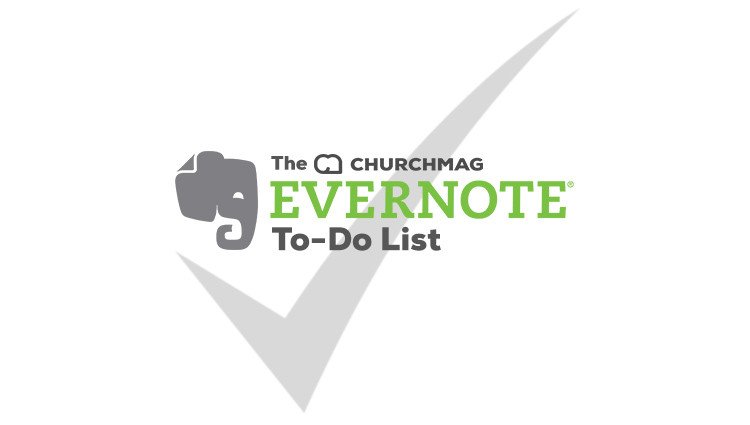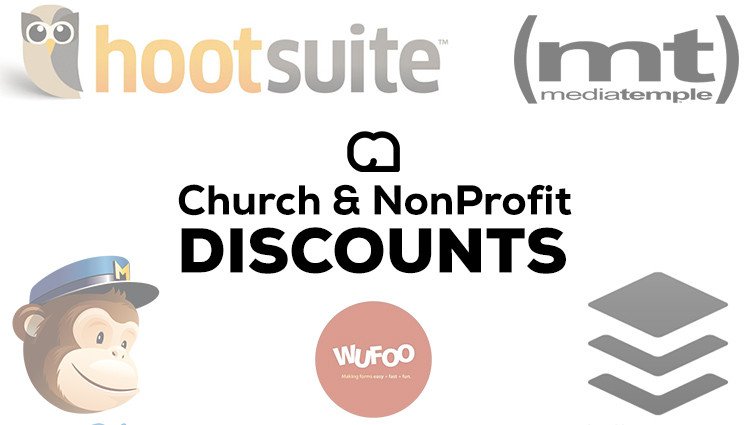When it comes to writing, there are tips and tricks that are relatively easy to teach, like correct grammar or using paragraphs. But there are also important aspects that are harder to explain. Rhythm for instance, which you can try and learn by applying rules, but which is also a matter of instinct.
And there’s tone.
What Is ‘Tone’
Every piece of writing has a tone, but it’s hard to describe and even harder to teach. Still, I want to give it a shot.
The tone of your writing is the way you address the reader and the issue you are writing about. It’s how you feel about your topic—and those feelings shine through in the words you use.
Sometimes, tone is easy to spot and define. Take Jon Acuff for instance, he has the classic tone of a comedian. It’s funny and light, even when he covers more serious issues.
Another example: Michael Hyatt. How would you describe his tone?
I think it’s the tone of a professional, friendly advisor. His goal is to give advice and he does that in a professional way with a friendly personal touch. If you follow his blog, you will learn about him as a person as well.
What tone should you shoot for? That depends on you and on the key message of your blog.
Find Your Tone
First of all, the tone has to fit you. I could never write like Jon Acuff, because no matter how much I laugh at his posts, my own sense of humor is completely different. I have to match my tone to my strengths, my character. You have to stay true to yourself when you write, as cliché as it may sound. I’ve seen bloggers try to come across as super-smart for instance and it’s laughable because they fail spectacularly. Be yourself, also in your tone.
The second consideration is that your tone and your blog niche and angle have to match. If you’re offering commentary on daily issues for instance, you could opt sarcastic, funny, or smarty-pants. If you run a how-to type of blog, you might want to go for the personal professional style.
The question then is: What tone are you going to aim for? How do you want readers to ‘see’ and ‘hear’ you?
How to Set the Tone
Let’s look at some aspects that influence tone:
Sentence length: Shorter sentences read faster, making your blog more intense. Longer sentences make it more thoughtful.
Word length: Same as above. Also: using dictionary-type words may make you look smart. Or like a bragger.
Emotions: What emotions filter through in your writing? Are you often angry about your topics? Sad? Indignant? Happy? Beware of your emotions showing up in the words you use. Few people want to follow a blog with consistent rants. Or blogs that are too happy-clappy for that matter.
Modifiers: What modifiers do you use a lot? Quick example: I know a blogger who uses ‘very’ a lot. Everything is ‘very exciting’, ‘very good’ or ‘very interesting’. Aside from the fact that ‘very’ is a modifier you should try and eliminate, the hyper-tone it creates irritates me at times.
Word choice: It’s not only the length of a word that matters, or it’s perceived difficulty. It’s also about choosing which aspects to stress, or to ignore. The adjectives and verbs you choose set the tone. An example: ‘I appreciated his latest article’ versus ‘I hearted that blog’. It’s formal vs. casual, professional vs. personal, adult speak vs. teen speak. All that, from one mere sentence. Think of contractions as well (don’t vs do not, etc.), they portray a more casual tone than all words written out fully.
Attitude: Are you a pessimist or an optimist? Judgmental or accepting? Defensive or open-minded? This will shine through in how you write about your topics.
Formal vs casual: We all know what formal writing looks like, the complicated sentences no one would ever utter in real life. It can be a choice and a valid one if it fits your purposes, but be aware that it doesn’t draw readers closer to you. On the other side, you don’t have to get too casual either. Some blogger confuse casual with profanity by the way, filling their posts with curse words. Bleh. It doesn’t make you cool, on the contrary.
Openness: your level of openness, the amount in which you share from your personal experiences, impacts the tone of your writing. I tend to be on the personal side—I often share stories from my life. It fits who I am, since I’m an open and extravert person. If you’re less open, that’s fine, just be aware that it impacts the tone. You could be perceived as aloof, arrogant even.
Your task then, is to choose the tone you think fits you and your key message and create this tone. It’s important to stick to one consistent tone throughout your post, or even your blog. Readers get confused when you keep switching styles. Sure, you can mix it up a little and change tone sometimes, but overall readers want to know what to expect. I mean, how surprised would you be if Michael Hyatt suddenly started writing like Jon Acuff (I’d like to see him try though—could be hilarious!)
Tune Your Tone
Like I wrote at the beginning, tone is tough to teach and even tougher to learn. But it can be done. Aside from reading how-to’s about it, I’d advise you to spend some time trying to define the tone of the blogs that you read. How do they accomplish this tone?
And what tone doesn’t work for you and why? I stopped reading several blogs because the tone bugged me, even when the content was solid. My pet peeve here is people who are preachy, arrogant, or downright patronizing. And to be honest, many of these were Christians blogs. Humility is a good characteristic to possess in blogging!









One thing about ChurchMag being multi author, is that while ChurchMag as a whole has its own tone, each writer also has their unique tone, too.
I think it’s pretty awesome. 🙂
I agree and that’s what makes this blog special I think. All writers have their unique tone, while still fitting within the general tone of ChurchMag. What can I say, we rock 🙂